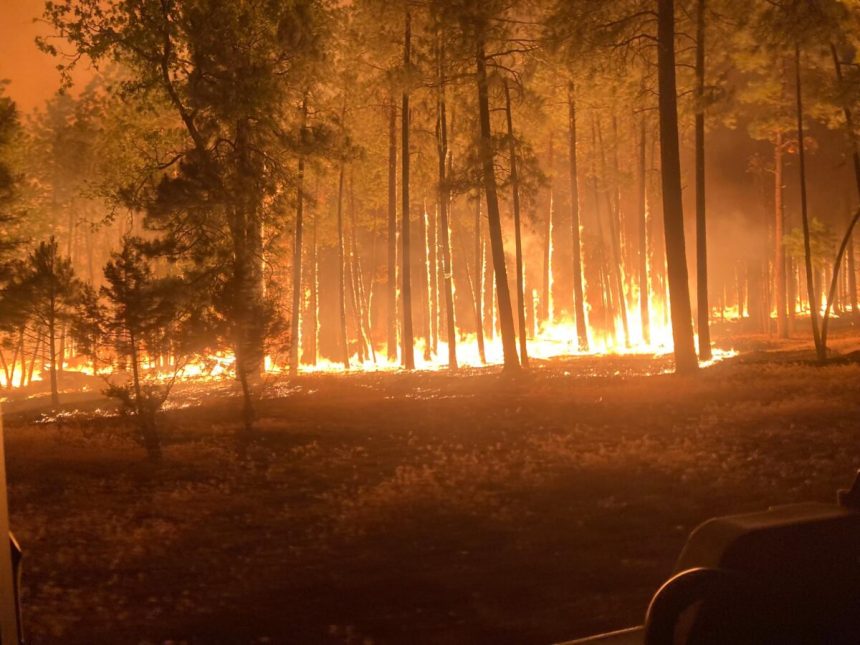When Cindy Zhang first learned about the devastating snowstorm that hit Texas in 2021, she was delving into the state’s power system through an economic lens. Now, as a student of An Introduction to Complex Climate Risks at Columbia’s Climate School, Zhang’s understanding of climate risks has expanded significantly. The course, taught by Kai Kornhuber, emphasizes the interconnected nature of climate impacts on society and the environment. Through case studies and discussions, students like Zayna Syed, with backgrounds ranging from journalism to Earth sciences, explore how extreme events can compound and cascade across different sectors, disproportionately affecting vulnerable communities. The class highlights the importance of anticipating and preparing for the complex implications of climate change, such as cascading infrastructure failures during droughts or heatwaves. By examining past events like the 2003 heatwave in France and the 2015 flooding in South America, students gain insights into the meteorological conditions, compounding factors, and adaptation measures that can mitigate the impact of extreme events. The goal of the course is to equip students with a comprehensive understanding of climate risks and empower them to apply this knowledge in their future careers, whether in academia, the private sector, or elsewhere. For Zhang, this means integrating climate risk considerations into financial decision-making processes, ultimately contributing to a more climate-resilient future. Kornhuber emphasizes the importance of climate literacy and preparedness across all sectors, underscoring the need for proactive measures to prevent the escalation of combined climate hazards. By educating and empowering students to anticipate complex climate impacts, the course aims to cultivate a generation of professionals equipped to address the multifaceted challenges posed by climate change.





